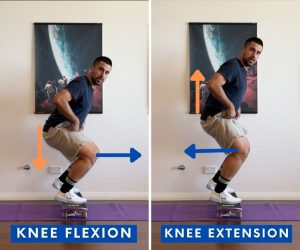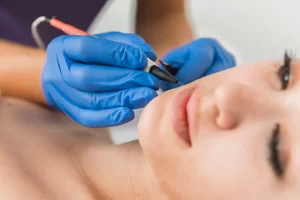How long do drugs take to go through clinical testing processes?
Whenever a new drug comes on the market, patients need to be able to trust it will do the job effectively and safely.
However, in order for a new drug to be prescribed by health professionals, there is a whole process of testing and clinical trials that takes place, which patients are usually unaware of.
This rigorous process – ‘bench to bedside’ – takes varying amounts of time, depending on a range of factors. It can take as long as 15 years to complete all stages of clinical trials, before a drug can widely be used.
The process
The first stage in any testing process is examination of the new drug in a laboratory. If experts deem it likely to be effective and safe, the drug passes to the next stage, clinical trials.
Clinical trials involve giving the drug to patients in closely monitored environments, to ensure side effects are picked up. They are often carried out alongside a placebo, to evaluate the drug’s effects more closely.
According to the NHS website, clinical trials help doctors understand how to treat a particular condition or disease. Taking part in a trial may benefit the patient taking part, or others in the future.
Varying factors
There are several factors which will affect how long a drug takes to pass through the clinical trial process.
If the drug is meant to treat a rare illness, it could take longer, as there will be fewer patients to test on, and several countries may need to take part.
The way the drug is administered also has an effect. If it’s given in tablet form, more hospitals will be able to become involved and the process will be shorter than if special equipment is needed.
Other factors include what the drug is for, the length of treatment required and what follow-up periods are needed. Doctors may want to evaluate the effectiveness of a drug for months or even years after it has been given. Any problems with the drug will also, of course, mean a longer trial time.
Shortening the process
There are special companies which can help simplify and shorten the FDA 510k clearance process, such as TPRG.
These firms help both pharmaceutical companies and the public, by enabling life-saving and enhancing medicine make it through the testing process more quickly.












Post Comment